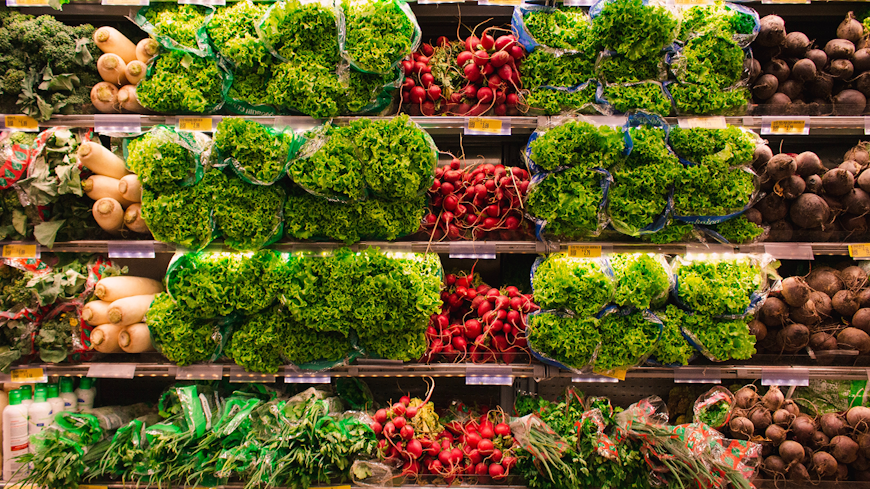Are you surprised at how high your grocery bill is getting? Many of us are now feeling a nagging anxiety as each item is scanned at the checkout, watching the bill creep higher and higher. This week, Stats NZ announced that year-on-year food prices have increased by the highest amount in over a decade, with a 5.9% increase from January 2021 to January 2022.
Fruit and vegetables, the backbone of a balanced diet, were up 15%. As an example, the humble tomato cost $2.94 per kilogram in January last year. This year they reached $7.29 per kilogram. Many households are sucking up these extra costs because they don't want to compromise a healthy and balanced diet, but others have no choice but to cut back on leafy greens and fruits.
We'd like to hear your thoughts on the cost of groceries so if you'd like to share your insights, please take our survey.

Our consumer sentiment tracker has found cost of living concerns are rising. Last year, 63% of respondents picked food and grocery costs as their biggest cost-of-living concern.
Lucy, who has a partner and two children, says they have an 'average' income, but she has become shocked at how high her grocery bill has got. Photo to accompany.
"We eat really simply. I used to do a top up shop at the supermarket, and it would cost $50 for a few items. These days it's easily over $100. It means I need to meal plan – we can't afford for any food to go to waste, we have to actively consider what we’re buying and the pricing of each item. It definitely affects my food choices".
Consumer NZ has been campaigning for more competition in the supermarket sector. We have one of the most concentrated supermarkets industries in the world with just two major players, Woolworths New Zealand (Countdown) and Foodstuffs (owner of the New World and Pak’nSave brands).
We have long suspected their profits are a lot higher than they should be.
The lack of competition means consumers aren't getting a fair deal. Our campaigning has meant that they're now facing scrutiny as the Commerce Commission investigates the supermarket sector. The Commission’s draft report confirmed what we suspected - New Zealanders are paying above the odds for their groceries, with the supermarket’s profits persistently above what they would be in a competitive market.
Now it's crunch time – next month the Commerce Commission will release its final report with recommendations. The question is, will
this result in lasting change and competitive prices at the checkout?
If you'd like to join on our campaign for fairer food prices, please sign up here.
